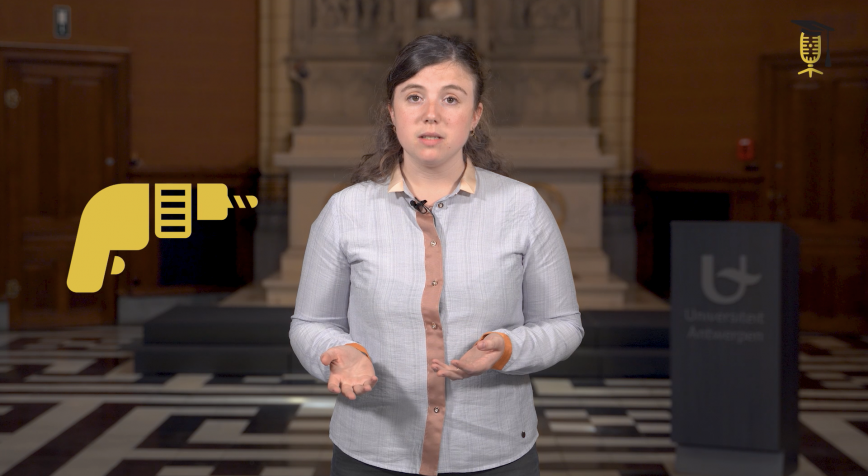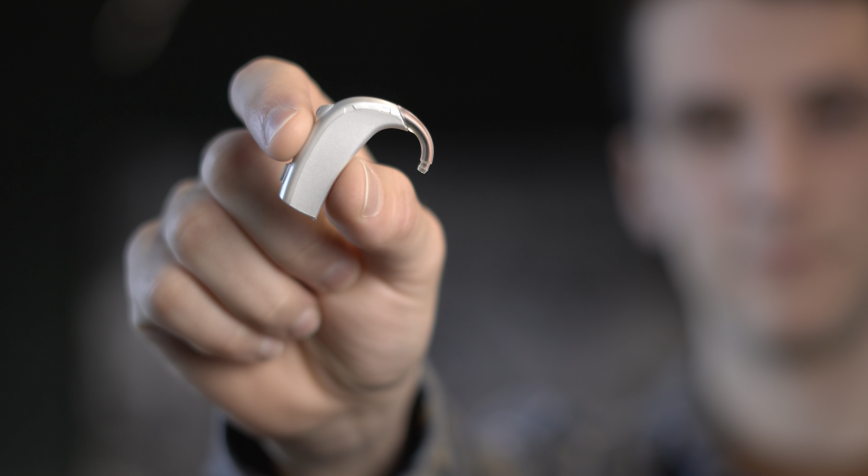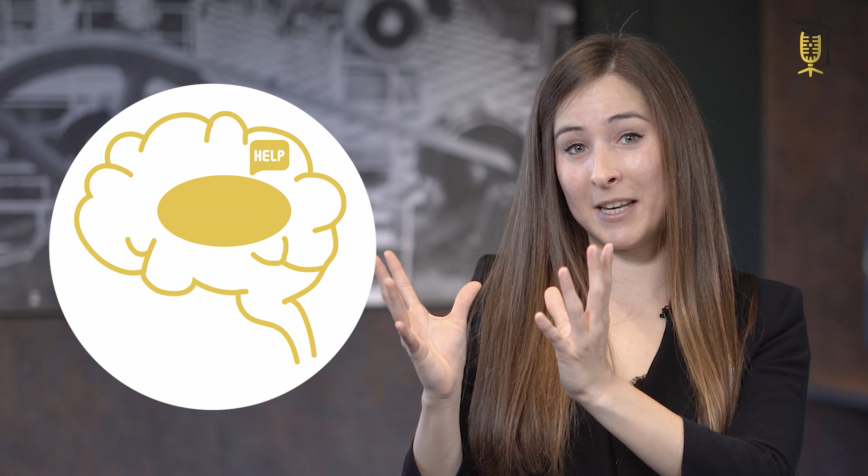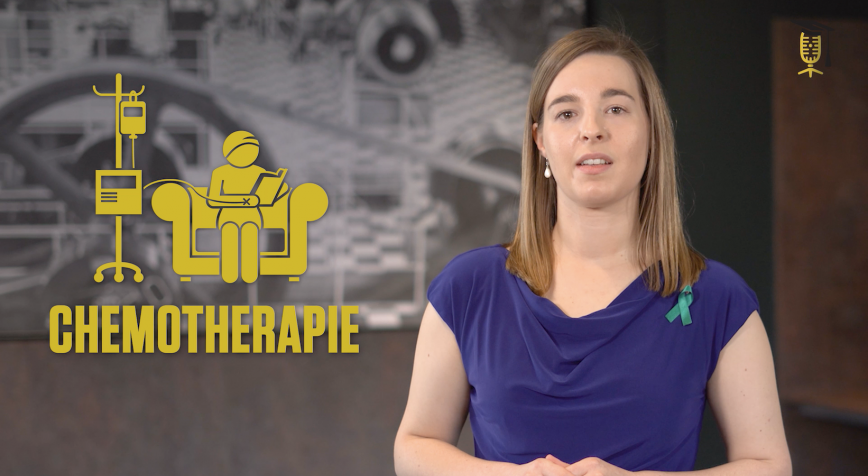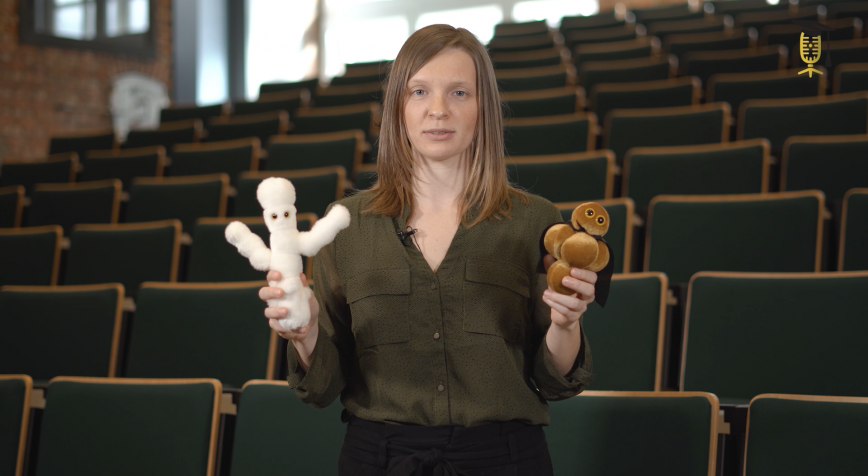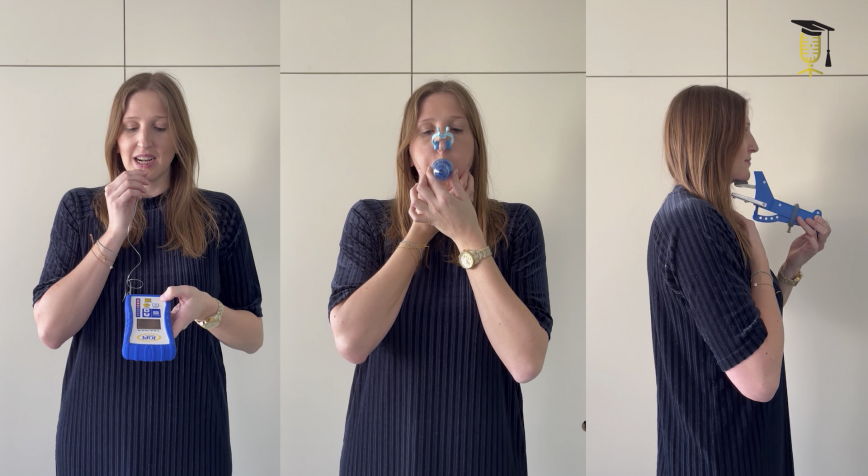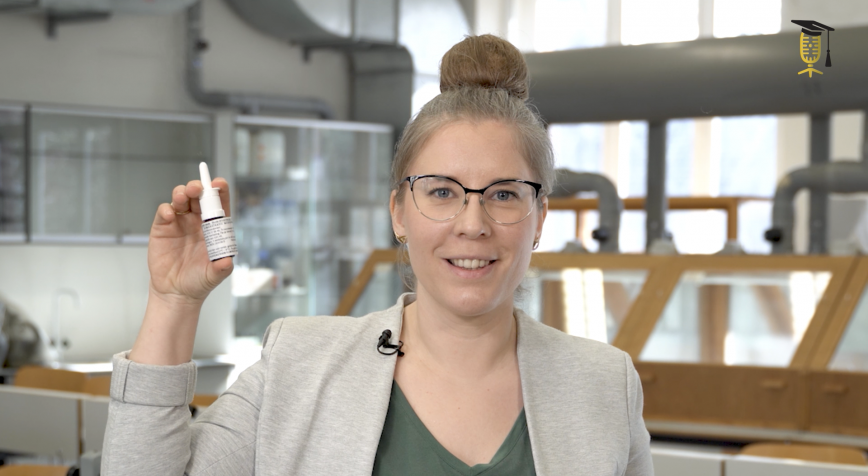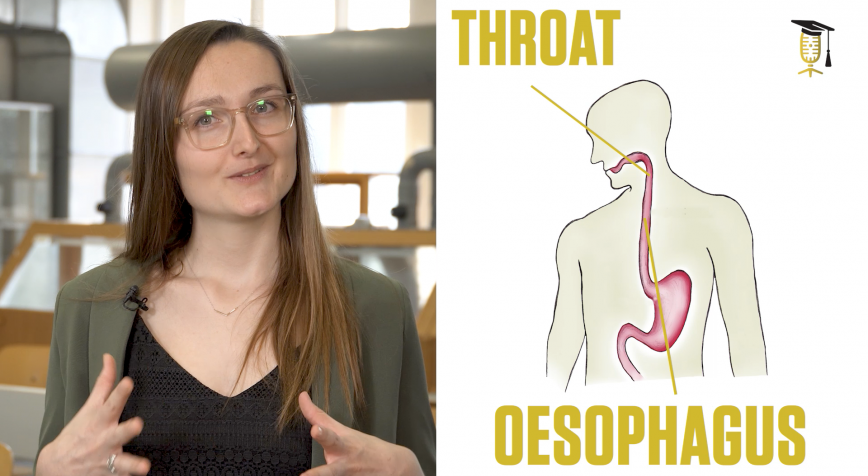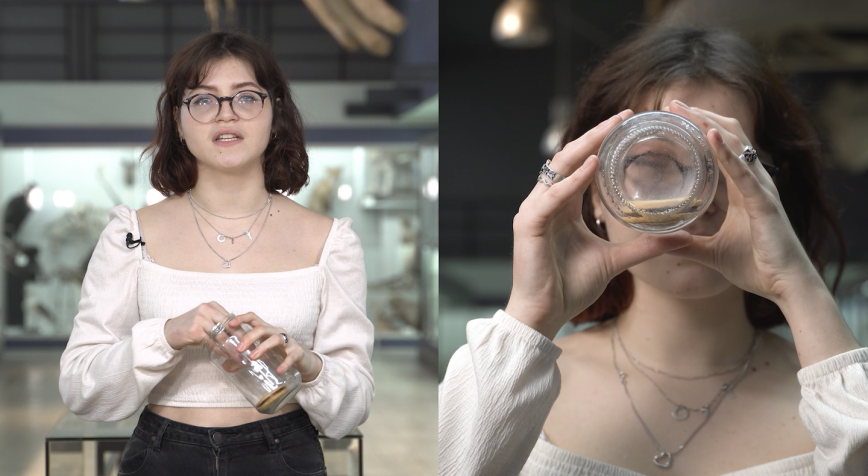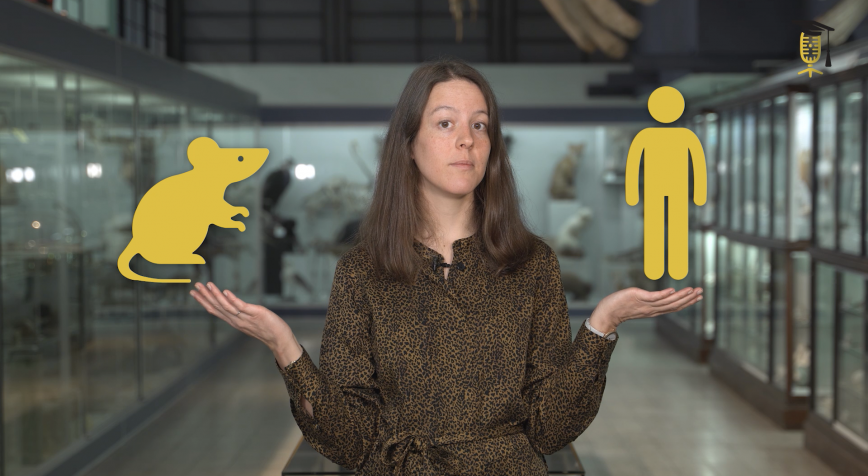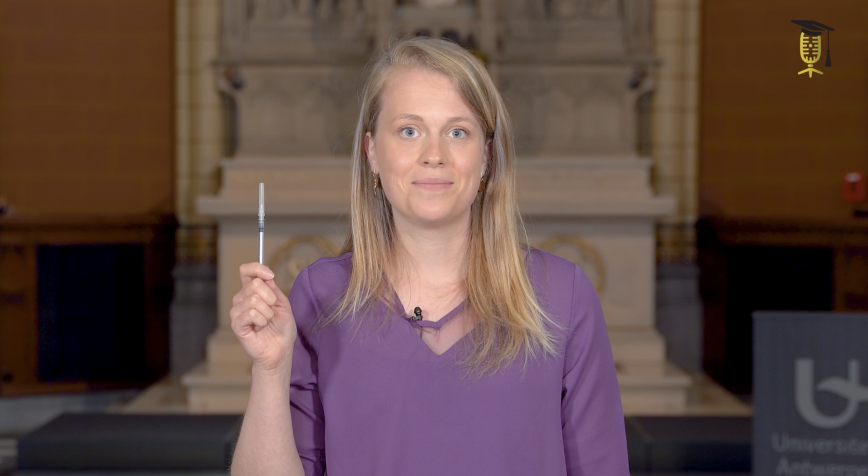
UAntwerpen
An injection to solve hearing loss?
In Belgium and the Netherlands, more than 1,000 people suffer from DFNA9, a condition that causes hereditary hearing loss and balance disorders. DFNA9 is due to an error in the DNA of the ear. Dorien Verdoodt (UAntwerp) is conducting research into a new therapy based on the revolutionary Crispr genetic technique. In this way, she hopes to be able to cure hereditary hearing loss in the future with a syringe in the ear.
